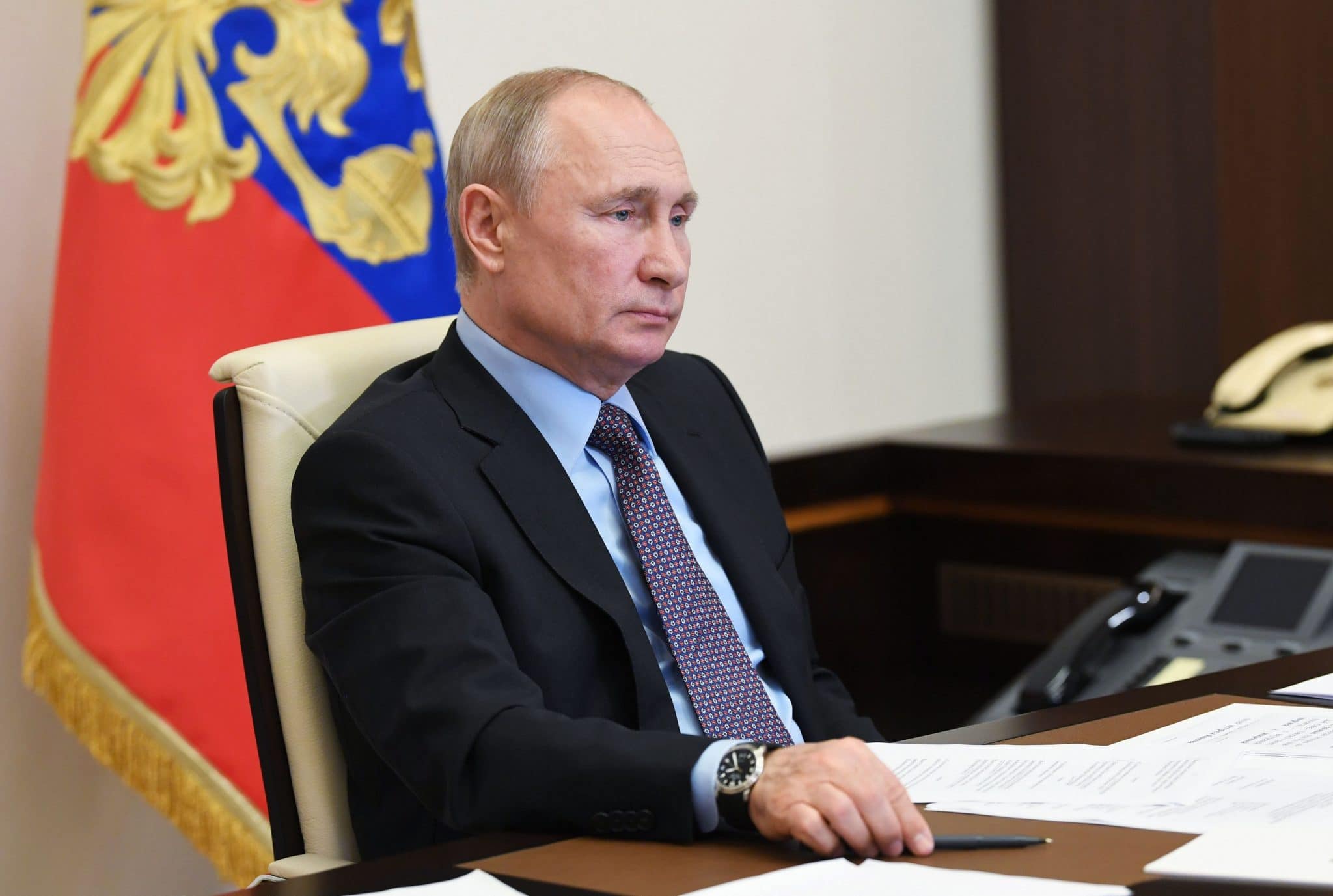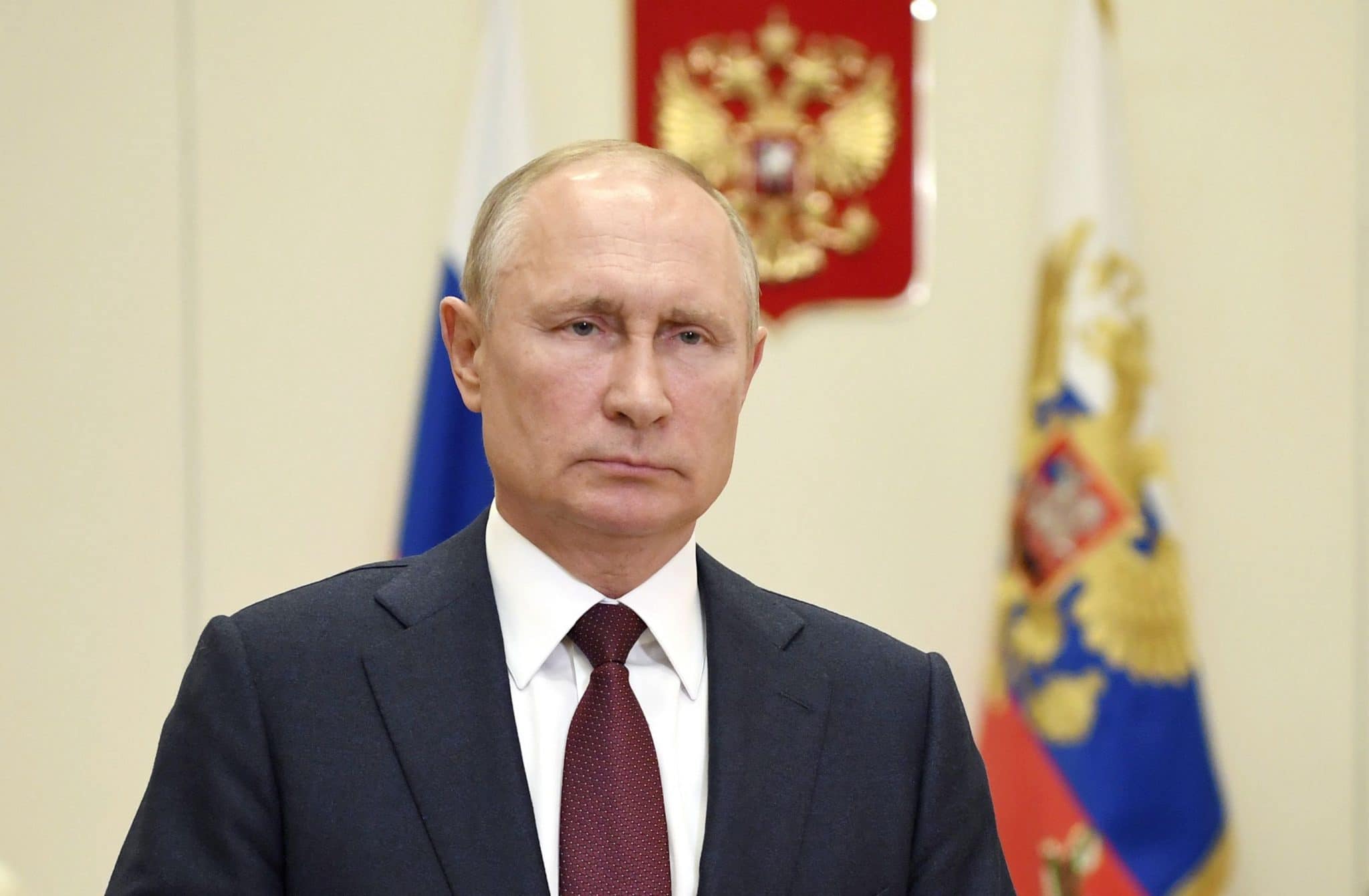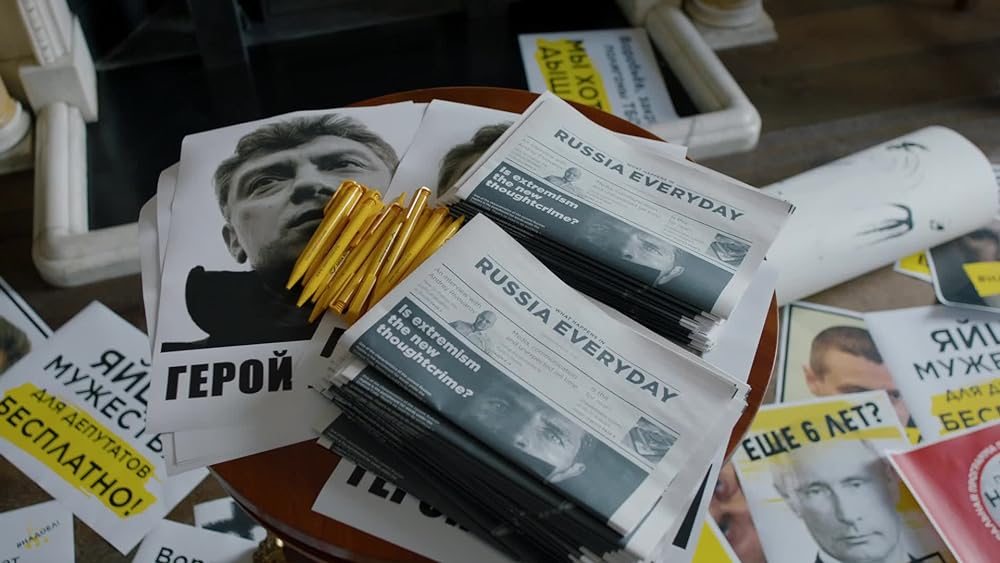Did Vladimir Putin Support Anti-Western Terrorists as a Young KGB Officer?
Putin has sworn his time as a KGB officer in Dresden was uneventful. There’s a lot of reason to doubt that claim.
.
.
.
According to him, in the years that Putin served in East Germany, Dresden became a meeting place for the Red Army Faction. Dresden was chosen as a meeting place precisely because “there was no one else there,” this former Red Army Faction member said. “In Berlin, there were the Americans, the French and the British, everyone. For what we needed to do we needed the provinces, not the capital.” Another reason the meetings were held there was because Markus Wolf and Erich Mielke wanted to distance themselves from such activities: “Wolf was very careful not to be involved. The very last thing a guy like Wolf or Mielke wanted was to be caught red-handed supporting a terrorist organisation … We met there [in Dresden] about half a dozen times.”
This former Red Army Faction member and his colleagues would travel into East Germany by train and would be met by Stasi agents waiting in a large Soviet-made Zil car, then driven to Dresden, where they were joined in a safe house by Putin and another of his KGB colleagues. “They would never give us instructions directly. They would just say, ‘We heard you were planning this, how do you want to do it?’ and make suggestions. They would suggest other targets and ask us what we needed. We always needed weapons and cash.”
It was difficult for the Red Army Faction to purchase weapons in Western Germany, so they would hand Putin and his colleagues a list. Somehow, this list would later end up with an agent in the West, and the requested weapons would be dropped in a secret location for the Red Army Faction members to pick up.
Far from taking the backseat role often ascribed to him during his Dresden years, Putin would be among the leaders in these meetings, the former Red Army member claimed, with one of the Stasi generals taking orders from him. As the Red Army Faction sowed chaos across West Germany in a series of vicious bomb attacks, their activities became a key part of KGB attempts to disrupt and destabilize the West, the former member of the terror group claimed. And, as the end loomed for Soviet power and the GDR, it’s possible that they became a weapon to protect the interests of the KGB. For instance, the terrorist group orchestrated the killings of the chairman of Deutsche Bank in 1989 and the chief of the Siemens technology company in 1986, both of whom supported political positions or were engaged in activities that posed challenges to the Soviet regime.
For the former Red Army Faction member those days now seem long ago and far away. But he can’t help but remember with regret that he was no more than a puppet in Soviet influence games. “We were no more than useful idiots for the Soviet Union,” he said with a wry grin. “This is where it all began. They were using us to disrupt, destabilize and sow chaos in the West.”
When asked about the Stasi and the KGB’s support for the Red Army Faction, a shadow falls across the still spry face of Horst Jehmlich, the former Dresden Stasi fixer-in-chief who’d worked closely with Putin. We are sitting around the dining table of the sunlit apartment he’s lived in ever since the GDR years, just around the corner from the former Stasi headquarters and the villa where the KGB was stationed. The fine china is out for coffee, the table is covered with lace.
The Red Army Faction members were only brought to the GDR “to turn them away from terrorism,” he insists. “The Stasi wanted to prevent terrorism and stop them from returning to terrorist measures. They wanted to give them a chance to re-educate themselves.” But when asked whether it was the KGB who were in fact calling the tune, whether it was Putin who the Red Army Faction members were meeting with in Dresden, and whether orders for attacks could have emanated from there, the shadow across his face becomes darker still. “I don’t know anything about this. When it was top-secret, I didn’t know. I don’t know whether this involved the Russian secret service. If it is so, then the KGB tried to prevent that anyone knows about this material. They will have said that this is a German problem. They managed to destroy many more documents than us.”
The former Red Army Faction member’s story is near-impossible to verify. Most of his former comrades are either in prison or dead. Others allegedly involved in the meetings back then have disappeared off the grid. But a close Putin ally from the KGB indicated that any such allegations were extremely sensitive, and insisted that no connection between the KGB and the Red Army Faction, or any other European terrorist group, had ever been proved: “And you should not try to do so!” he added sharply.
Many years later, Klaus Zuchold, one of Putin’s recruits in the Stasi, offered some partial details of Putin’s involvement in other active measures then. Zuchold, who’d defected to the West, told a German publication,
Correctiv, that Putin had once sought to obtain a study on deadly poisons that leave few traces, and planned to compromise the author of this study by planting pornographic material on him. It’s not clear whether the operation ever got off the ground. Zuchold also claimed that Putin’s activities included a role as the handler of a notorious neo-Nazi, Rainer Sonntag, who was deported to West Germany in 1987, and who returned to Dresden after the Wall’s fall and stoked the rise of the far right.
While working with the Red Army terrorists may have been Putin’s training ground in active measures against the imperialist West, what happened when the Berlin Wall came down was the experience he would carry with him for decades to come. Though it had become ever clearer that the eastern bloc might not hold, that social unrest could tear it apart and that the reverberations could reach into the Soviet Union itself, still Putin and the other KGB officers in Dresden scrambled to salvage networks amid the sudden speed of East Germany’s collapse.
In a moment, it was over. There was suddenly no one in command. The decades of struggle and covert spy games seemed done. The border was gone, overwhelmed by the outpouring of protest built up over so many years. Though it took another month for the protests to reach Dresden, when they came, Putin and his colleagues were only partially prepared. While the crowds massed in the bitter cold for two days outside the Stasi headquarters, Putin and the other KGB men barricaded themselves inside the villa. “We burned papers night and day,” Putin said later. “We destroyed everything—all our communications, our lists of contacts and our agents’ networks. I personally burned a huge amount of material. We burned so much stuff that the furnace burst.”
Putin has sworn his time as a KGB officer in Dresden was uneventful. There’s a lot of reason to doubt that claim.

www.politico.com

 www.verkkouutiset.fi
www.verkkouutiset.fi

 www.verkkouutiset.fi
www.verkkouutiset.fi





 (Juu ei ole tarkoitus, mutta voi sellaiseksi kyllä päätyä.)
(Juu ei ole tarkoitus, mutta voi sellaiseksi kyllä päätyä.)

 Mitenkähän Vladimirin käynee?
Mitenkähän Vladimirin käynee?  Veikkaan, että Putin saa jatkokauden, mutta voi mennä täpärälle, venäläiset voi äänestää miten sattuu.
Veikkaan, että Putin saa jatkokauden, mutta voi mennä täpärälle, venäläiset voi äänestää miten sattuu.


